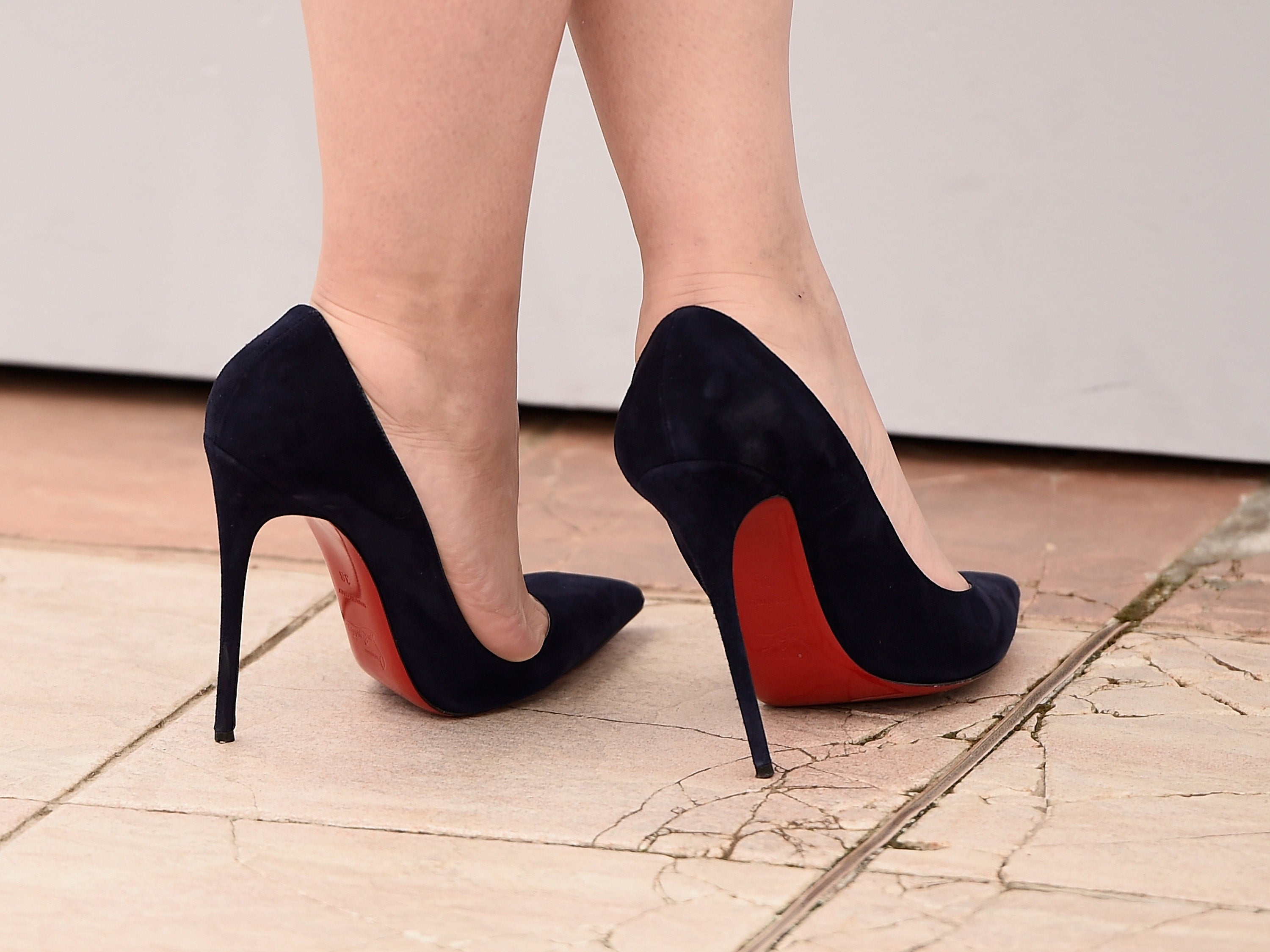High heels blamed for huge rise in agonising foot condition compared to 'walking on razor blades'
Cases of Morton’s neuroma have more than doubled in the past 10 years and affect four times as many women as men

Your support helps us to tell the story
From reproductive rights to climate change to Big Tech, The Independent is on the ground when the story is developing. Whether it's investigating the financials of Elon Musk's pro-Trump PAC or producing our latest documentary, 'The A Word', which shines a light on the American women fighting for reproductive rights, we know how important it is to parse out the facts from the messaging.
At such a critical moment in US history, we need reporters on the ground. Your donation allows us to keep sending journalists to speak to both sides of the story.
The Independent is trusted by Americans across the entire political spectrum. And unlike many other quality news outlets, we choose not to lock Americans out of our reporting and analysis with paywalls. We believe quality journalism should be available to everyone, paid for by those who can afford it.
Your support makes all the difference.High heels have been named as the culprit for a huge rise in the number of middle aged women experiencing an agonizing foot condition which has been compared to “walking on razors blades”.
Morton’s neuroma, a condition which disturbs the nerve running between the toes, affects four times as many women as men and the number of people experiencing the affliction has more than doubled in the past 10 years.
High heels have been blamed for the agonising foot pain with the largest group of suffers being women aged between 40 and 69.
The condition occurs when fibrous tissue develops around a specific nerve in the foot which becomes irritated and compressed. According to the NHS website the irritation causes “severe pain on the ball of the foot and at the base of the toes.”
The condition is thought to be brought on from years of wearing high heeled or ill-fitting shoes which push the foot bone against the nerve. The NHS has warned that high-heeled shoes over 5cm are especially problematic.
Research presented at the Royal College of Surgeons of Edinburgh’s audit symposium found that over the past ten years the number of women aged between 40 and 69 being admitted to hospital for treatment for the condition has risen by a staggering 115 per cent, with 2,532 middle-aged women undergoing treatment in 2014-15 compared to 1,179, between 2004-5. Surgery was required by over half of the patients to relieve their symptoms.
Andrew Craig, orthopaedic research fellow at Bradford Teaching Hospitals NHS Foundation Trust, who presented the research into treatment for the condition, said: “We have known for a long time that the condition seems to predominantly affect females of a middling age, with speculation that high heels and other such tightly fitting and unnatural footwear — despite looking fabulous, I’m sure — may play a role.”
“Increasing awareness of Morton’s neuroma can only be a good thing, not least because numbness in the foot could be a sign of other, potentially life-altering conditions, such as diabetes.”
Craig's research explored how well various treatements for the condition work including including using insoles and steroid injections.
Operations to fight the foot affliction involve decompressing the nerve by cutting between the affected toes. Surgery can require the complete removal of the nerve, leaving the patient with no feeling in the affected area.
Join our commenting forum
Join thought-provoking conversations, follow other Independent readers and see their replies
Comments